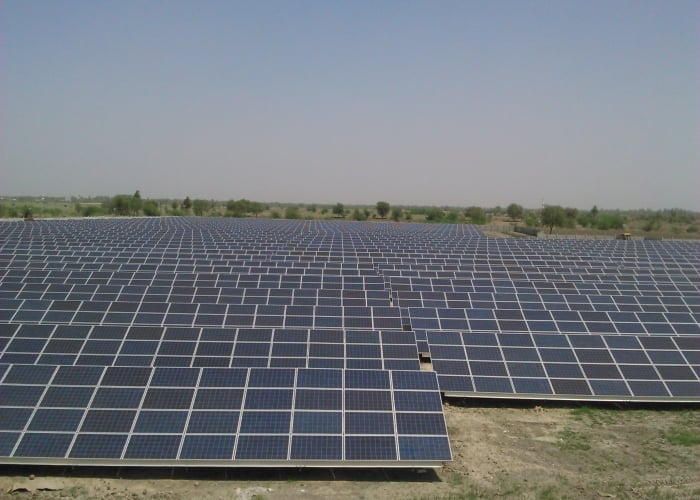
The Solar Energy Corporation of India (SECI) has issued another tender, seeking PV developers to help develop 1.5GW of solar projects across the country. This latest tender stands as part of the second phase of the Central Public Sector Undertaking (CPSU) program.
India’s Ministry of New & Renewable Energy (MNRE) issued the second phase of the CPSU program in order to help set up 12GW of PV projects. That 12GW of capacity will be added over a four-year period, starting from the 2019-20 financial year to 2022-23.
Try Premium for just $1
- Full premium access for the first month at only $1
- Converts to an annual rate after 30 days unless cancelled
- Cancel anytime during the trial period
Premium Benefits
- Expert industry analysis and interviews
- Digital access to PV Tech Power journal
- Exclusive event discounts
Or get the full Premium subscription right away
Or continue reading this article for free
This 1.5GW tender will invite proposals for setting up grid-connected PV projects anywhere in India under a “Build Own Operate” basis. These projects can include both mini and micro-grid installations, with the minimum capacity that can be awarded to a bidding company set at just 1MW. Bids can include projects as large as 1.5GW.
Power generated by the projects developed through this tender will be utilised by the Indian government for self-use, whether it be through electricity companies or directly from the source.
Bids for this tender can be sent in until the deadline of 23 August 2019. Approved projects will have a commissioning timeline of 24 months from the date in which the letter of allotment is issued to the developer.
Even with a 27.8% drop in PV installations in 2018, India’s solar sector is still projected to undergo massive growth over the next decade, with Fitch Solutions noting back in April that the country’s PV capacity should ramp up by an average annual rate of 15.3% between 2018 and 2028, jumping from 26GW to 105.9GW during that stretch. Most of this growth will be brought on by “aggressive” growth targets, numerous tenders and policies to unlock investment towards solar.






